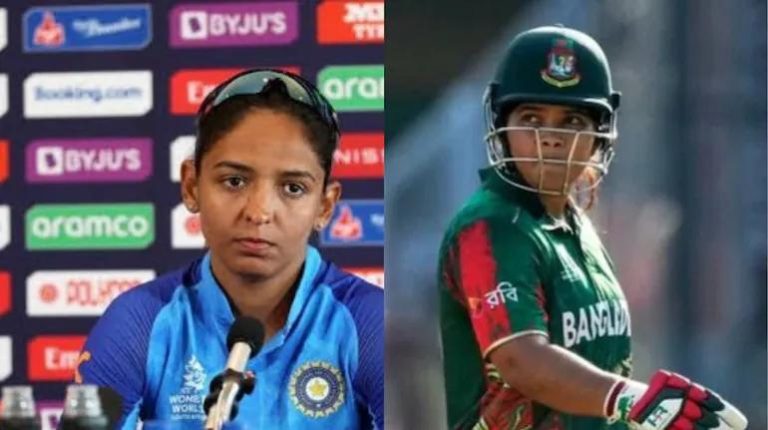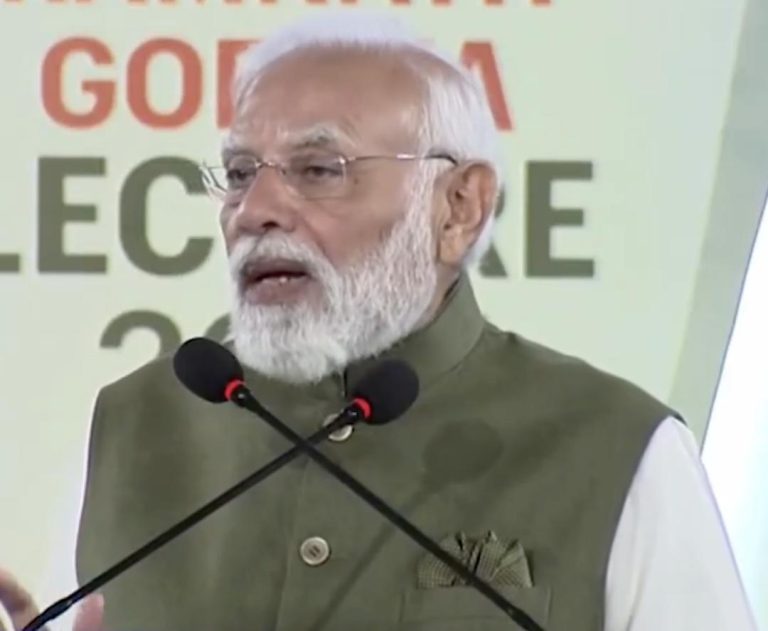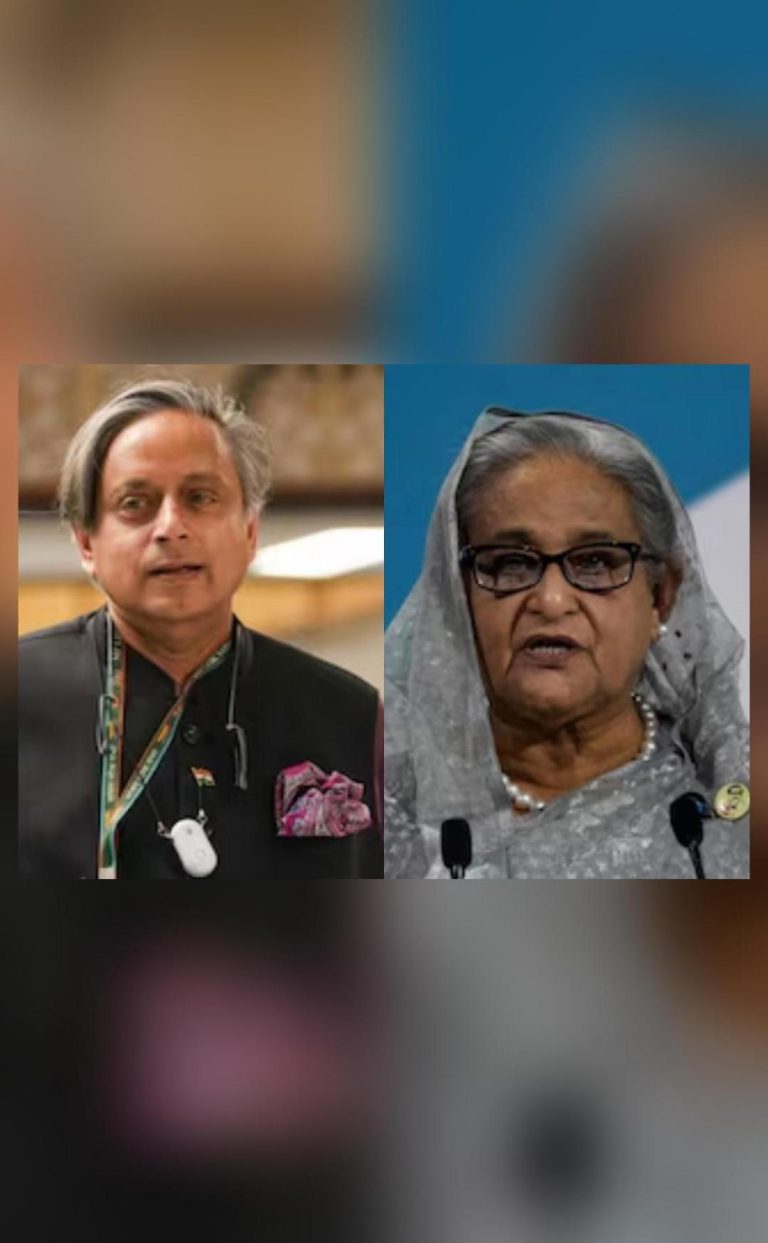
CBFC Cuts Words like ‘Pradhan Mantri’ & ‘Chaiwala’ from Murderbaad
The Central Board of Film Certification (CBFC) has been in the news lately for its unusual cuts and modifications to films. This time, it’s the director Arnab Chatterjee’s film “Murderbaad” that has been affected by the board’s strict guidelines. According to reports, the CBFC has instructed the makers of the film to edit out words such as ‘pradhan mantri’ and ‘chaiwala’ from a dialogue.
The cuts were made before granting the film an ‘A’ certification, which is the highest rating given to a film in India. The decision has raised eyebrows in the film industry, with many questioning the need for such cuts.
For those who may not be familiar, ‘pradhan mantri’ is a Hindi term that translates to ‘prime minister’, while ‘chaiwala’ is a colloquial term used to refer to a tea vendor. In the context of the film, the dialogue in question was likely meant to be a humorous and lighthearted comment, rather than a political statement.
Director Arnab Chatterjee has spoken out about the cuts, saying, “It was absolutely benign joke, rather aspirational for lower-middle class of our country, and far away from any political stance.” He went on to explain that the intention behind the dialogue was to poke fun at the idea of someone aspiring to become the prime minister, rather than making a serious political statement.
The cuts have sparked a debate about the role of the CBFC and its guidelines. Some have argued that the board’s strict approach is necessary to ensure that films do not promote any negative or harmful content. Others have questioned whether the cuts were necessary in this case, given the lighthearted and humorous tone of the dialogue.
The CBFC has been in the news several times in recent years for its cuts and modifications to films. Earlier this year, the board instructed the makers of the film “The Lion King” to remove a scene featuring a lesbian character. The decision was met with widespread criticism, with many arguing that it was an attempt to censor the film and restrict the freedom of expression.
In another instance, the board asked the makers of the film “Padmaavat” to remove a scene featuring a character kissing a puppet. The decision was seen as an attempt to impose a Puritanical morality on the film, and was widely criticized.
The cuts to “Murderbaad” are just the latest in a long line of controversies involving the CBFC. The board’s strict approach to film certification has led to a number of high-profile disputes, with many filmmakers and actors speaking out against its guidelines.
Despite the controversy, “Murderbaad” has received an ‘A’ certification, which is the highest rating given to a film in India. The film’s director, Arnab Chatterjee, has expressed his disappointment at the cuts, but has also praised the CBFC for its efforts to maintain the integrity of Indian cinema.
In conclusion, the cuts to “Murderbaad” are just the latest example of the CBFC’s strict approach to film certification. While the board’s guidelines are intended to ensure that films do not promote any negative or harmful content, they have also led to a number of high-profile disputes and controversies.
The debate over the role of the CBFC and its guidelines is likely to continue, with many filmmakers and actors speaking out against its strict approach. However, the board’s efforts to maintain the integrity of Indian cinema are also important, and it is likely that the controversy surrounding “Murderbaad” will spark a wider discussion about the role of film certification in Indian cinema.






